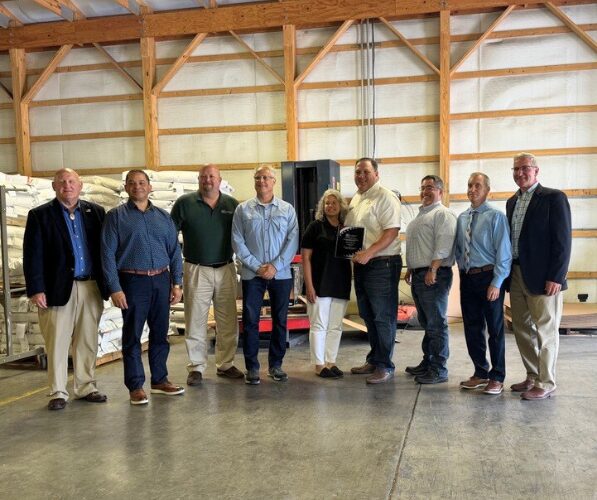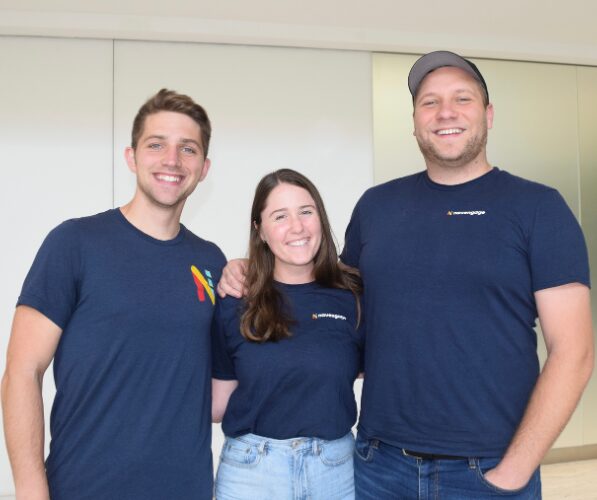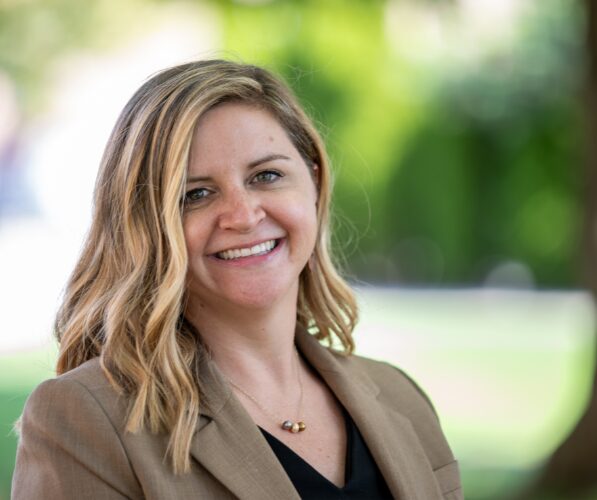Success Story
LaunchBox & Innovation Network shares lessons learned building a thriving entrepreneurial ecosystem
UNIVERSITY PARK – For seven years, the Invent Penn State LaunchBox & Innovation Network has provided no-cost entrepreneurial resources to innovators across the state. Network leaders will tell you that building a Network of 21 LaunchBox and innovation spaces was, and continues to be, a learning process – but one that has shown tangible lessons learned, and has potential for being replicated across the nation.
The Invent Penn State team has released a free virtual Playbook entitled “Making Entrepreneurship Accessible in Rural America,” which shares the full narrative behind the building of the Network, as well as a compilation of insights from Network leaders. The Playbook was made possible through a grant from the Ewing Marion Kauffman Foundation, the largest foundation in the country to focus on fostering entrepreneurship.
“We have created a playbook of sorts that outlines the goals, process, and lessons learned from the first seven years of an ongoing experiment in building a network of 21 (and counting) public-facing innovation spaces across the state of Pennsylvania,” said Lee Erickson, Chief Amplifier within the Office of Entrepreneurship & Commercialization. “The playbook provides actionable advice and real case studies for community leaders, entrepreneurs, residents, leaders of institutions, elected officials, and those who want to play a role in uplifting, growing, and building thriving entrepreneurial ecosystems.”
The 21 LaunchBox and innovation spaces provide specialized programs to de-risk and accelerate early-stage businesses, including no-cost coworking space, makerspaces, accelerator programs, pitch competitions, speaker series, access to experts and mentors, and legal and intellectual property advice through Penn State Law clinics. All locations are open to community members, students, and faculty/staff alike with no University affiliation required to participate.
The Invent Penn State team believes this model has the potential to be replicated nationwide, especially within states with large rural populations or areas with limited infrastructure to support early-stage businesses. Building a support system for entrepreneurs, especially in states located in America’s heartland, has been proven to spur economic development in those communities.
“The Playbook also examines a new and expanded role for universities in addressing the decline in entrepreneurship that is impacting rural communities and small cities across the U.S.,” said James Delattre, Associate Vice President for Research and Director of the Office of Entrepreneurship & Commercialization. “It’s a role that leverages the land-grant model of education, research, and outreach to support and spur entrepreneurship in rural America.”
The virtual Playbook is divided into five chapters. The first three chapters explore the history of the LaunchBox & Innovation Network, as well as the regional context in which the Network grew.
The last two chapters explore the specific challenges leaders faced in getting the LaunchBoxes and innovation spaces off the ground, as well as mini case studies showcasing detailed examples of individual locations.
“Entrepreneurial ecosystems are complex systems, and no one solution will work for everyone,” Erickson said. “We hope this playbook will spark new ideas and approaches for supporting entrepreneurs in rural areas and encourage others to share their experiments, successes, and missteps.”
This work/research was funded by the Ewing Marion Kauffman Foundation. The contents of this publication are solely the responsibility of The Pennsylvania State University.
About Invent Penn State
Invent Penn State is a commonwealth-wide initiative to spur economic development, job creation and student career success. Invent Penn State blends entrepreneurship-focused academic programs, business startup training and incubation, funding for commercialization, and university/community/industry collaborations to facilitate the challenging process of turning research discoveries into valuable products and services that can benefit Pennsylvanians and humankind.
This project was financed in part by a grant from the Commonwealth of Pennsylvania, Department of Community & Economic Development.






